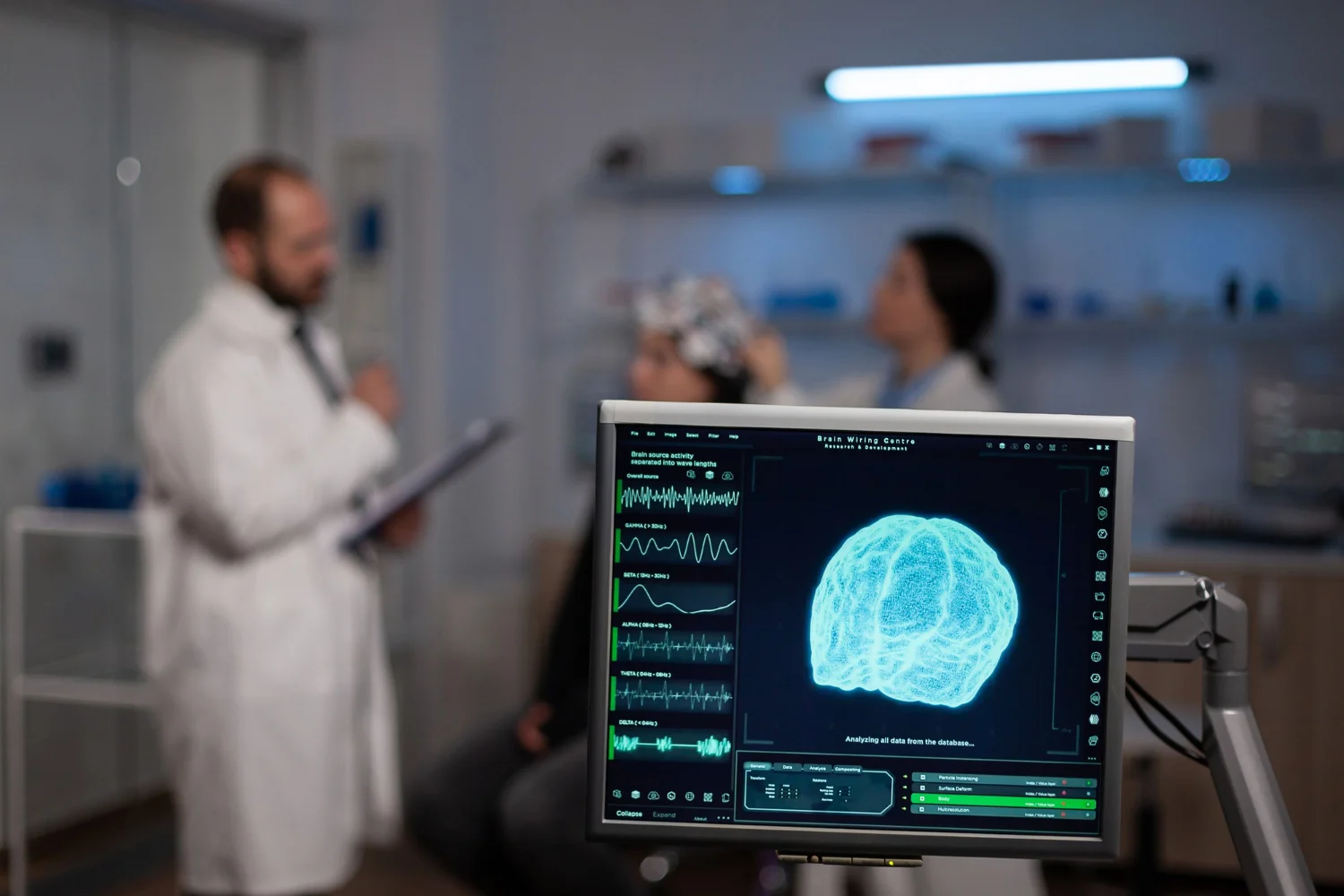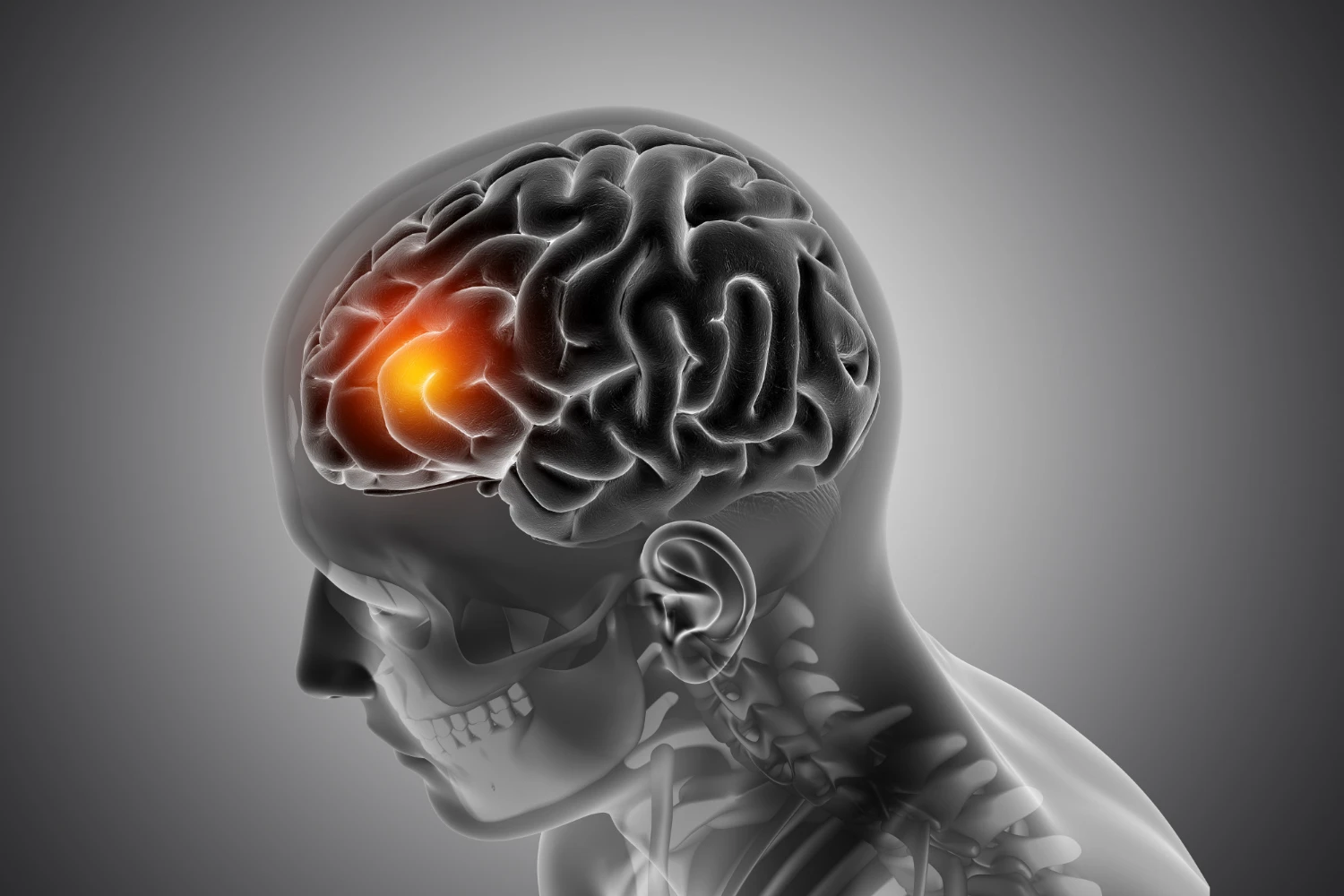What Is Epilepsy?
Category: Neurology
Epilepsy is one of the most common neurological disorders affecting people of all ages across the globe. It is a chronic condition marked by recurrent, unprovoked seizures due to abnormal electrical activity in the brain. While many associate epilepsy with visible convulsions, the condition is far more complex and can manifest in various forms.
Whether you’re experiencing unusual sensations, unexplained blackouts, or recurrent seizures, understanding what epilepsy is—and when to seek help—can be the first step toward managing your health effectively.
If you're looking for the best neurology hospital in Pune, with experienced specialists and advanced care protocols, Lokmanya Hospitals stands out for its integrated approach to treating epilepsy and other complex neurological conditions. With a dedicated team of neurologists and cutting-edge diagnostic tools, Lokmanya has helped countless patients regain control of their lives.
What Is Epilepsy?
Epilepsy is a neurological disorder characterized by recurring seizures, which are sudden surges of electrical activity in the brain. These seizures can range from brief lapses of awareness to full-body convulsions. To be diagnosed with epilepsy, a person typically must have had two or more unprovoked seizures.
Seizures are classified into two broad categories:
- Focal (Partial) Seizures: Originating in a specific part of the brain. They may or may not cause loss of consciousness.
- Generalized Seizures: Involving both hemispheres of the brain from the start. These include tonic-clonic seizures (grand mal), absence seizures (petit mal), and more.
What Causes Epilepsy?
Epilepsy can develop for many reasons. Some of the most common causes include:
1. Genetic Influence
Certain types of epilepsy are hereditary and may be linked to specific genes that affect brain function. A family history of seizures can increase your risk.
2. Brain Injury or Trauma
A traumatic brain injury (TBI) from accidents, falls, or head trauma can lead to epilepsy, sometimes years after the event.
3. Stroke or Vascular Conditions
Reduced oxygen supply to the brain due to stroke or poor blood circulation can result in the development of epilepsy, especially in older adults.
4. Brain Tumors and Lesions
Growths in the brain can interfere with normal electrical activity, triggering seizures.
5. Infections
Meningitis, encephalitis, or neurocysticercosis are infections that can inflame brain tissues and cause epilepsy.
6. Developmental Disorders
Conditions like autism and neurodevelopmental delays are often associated with epilepsy in children.
What Are the Symptoms of Epilepsy?
The symptoms of epilepsy vary widely based on the type of seizure. Common signs include:
- Temporary confusion or blank staring
- Uncontrollable jerking movements of arms and legs
- Loss of consciousness or awareness
- Sudden feelings of fear or anxiety
- Repetitive movements like lip-smacking or blinking
It’s important to consult a specialist if you experience any of these symptoms. At Lokmanya’s Neurology Department, our neurologists use EEGs, MRI scans, and in-depth clinical assessments to accurately diagnose seizure disorders.
How Is Epilepsy Diagnosed?
Proper diagnosis is key to managing epilepsy effectively. A neurologist may perform the following:
- Electroencephalogram (EEG): Records brain’s electrical activity
- MRI/CT Scans: Identify structural abnormalities or injuries
- Blood Tests: Rule out infections or metabolic disorders
- Neuropsychological Testing: Evaluate cognitive function and brain behavior
Treatment Options for Epilepsy
The goal of epilepsy treatment is to control seizures with minimal side effects. The right treatment depends on the type, frequency, and severity of the seizures.
1. Medication (Anti-Epileptic Drugs – AEDs)
Most people with epilepsy are treated successfully with AEDs. Regular follow-ups are essential to monitor side effects and efficacy.
2. Surgery
If medications don’t work and seizures originate from one part of the brain, surgical removal of that area might help.
3. Vagus Nerve Stimulation (VNS)
A device implanted under the skin stimulates the vagus nerve to reduce seizure frequency.
4. Ketogenic Diet
A high-fat, low-carbohydrate diet may help children with treatment-resistant epilepsy.
5. Lifestyle Modifications
Stress reduction, sleep hygiene, and avoiding seizure triggers are key to long-term management.
When Should You See a Doctor?
You should seek neurological consultation if:
- You’ve had more than one unexplained seizure
- You experience repeated fainting or blackouts
- You have memory loss or disorientation episodes
- Seizures are affecting your daily activities or safety
The earlier the diagnosis, the better the outcome. At Lokmanya Hospitals, early intervention and personalized treatment plans have transformed lives. The hospital is recognized as one of the best hospitals for neurological disorders in Pune, trusted by patients for both emergency care and long-term epilepsy management.
Why Choose Lokmanya Hospitals for Epilepsy Treatment?
At Lokmanya Hospitals, we understand the emotional and physical challenges epilepsy can bring. That’s why we offer individualized treatment plans, combining advanced diagnostics, expert neurologists, and rehabilitative support. With our patient-first philosophy, we empower individuals to manage their condition confidently.
Our Neurology Department is equipped with state-of-the-art EEG labs, neuroimaging technology, and experienced epilepsy specialists who work together to deliver precise, compassionate care. As one of the best hospitals in Pune for neurology, Lokmanya ensures a multidisciplinary approach—combining medicine, surgery, counseling, and lifestyle support.
FAQs About Epilepsy
Q1. Can epilepsy be cured permanently?
While epilepsy can often be controlled with medication or surgery, not all cases are curable. However, many people live seizure-free with the right treatment.
Q2. Is epilepsy a mental illness?
No. Epilepsy is a neurological disorder, not a psychiatric condition. Though it may have psychological impacts, it stems from brain activity.
Q3. Can epilepsy start later in life?
Yes, epilepsy can develop at any age. Seniors are especially at risk due to stroke or neurodegenerative diseases.
Q4. Is it safe for people with epilepsy to drive?
Driving laws vary by region but generally require you to be seizure-free for a specific period. Always consult your doctor.
Q5. How can Lokmanya Hospitals help in epilepsy care?
Lokmanya offers 360-degree epilepsy care—from advanced diagnostics to long-term management, making it a trusted name among the best hospitals for neurological care in India.
Previous blog

What Is Brain Tumor?
Next blog






